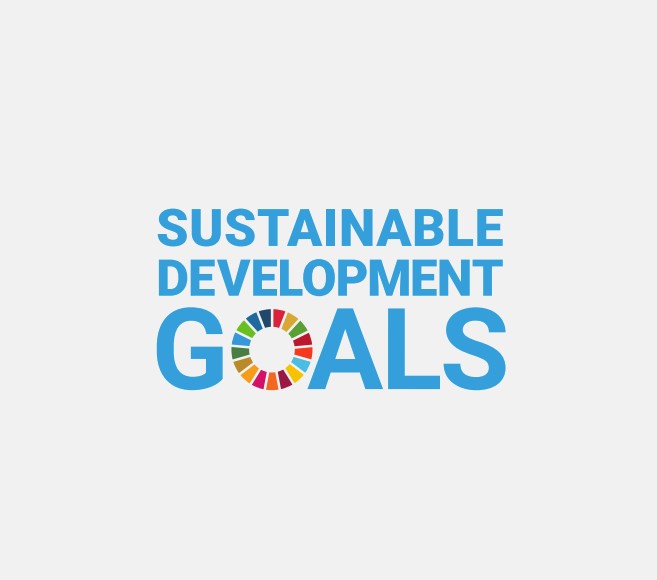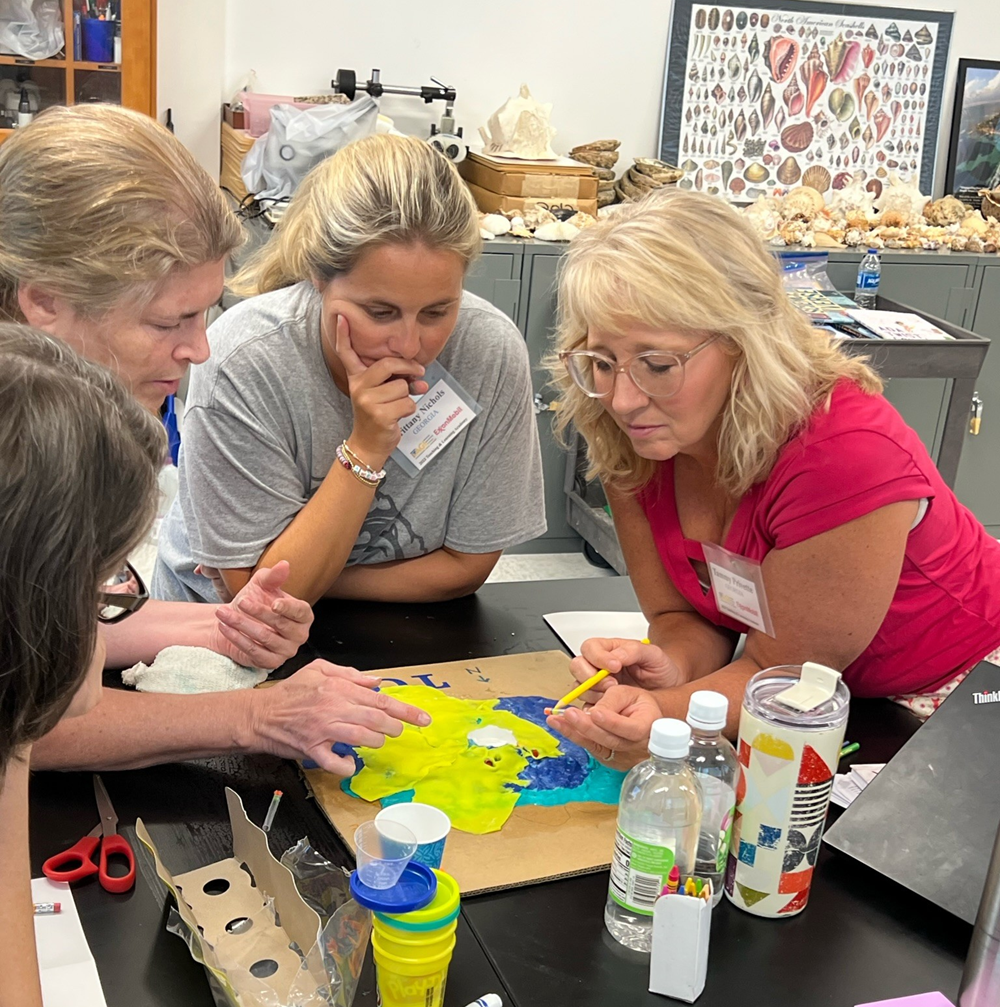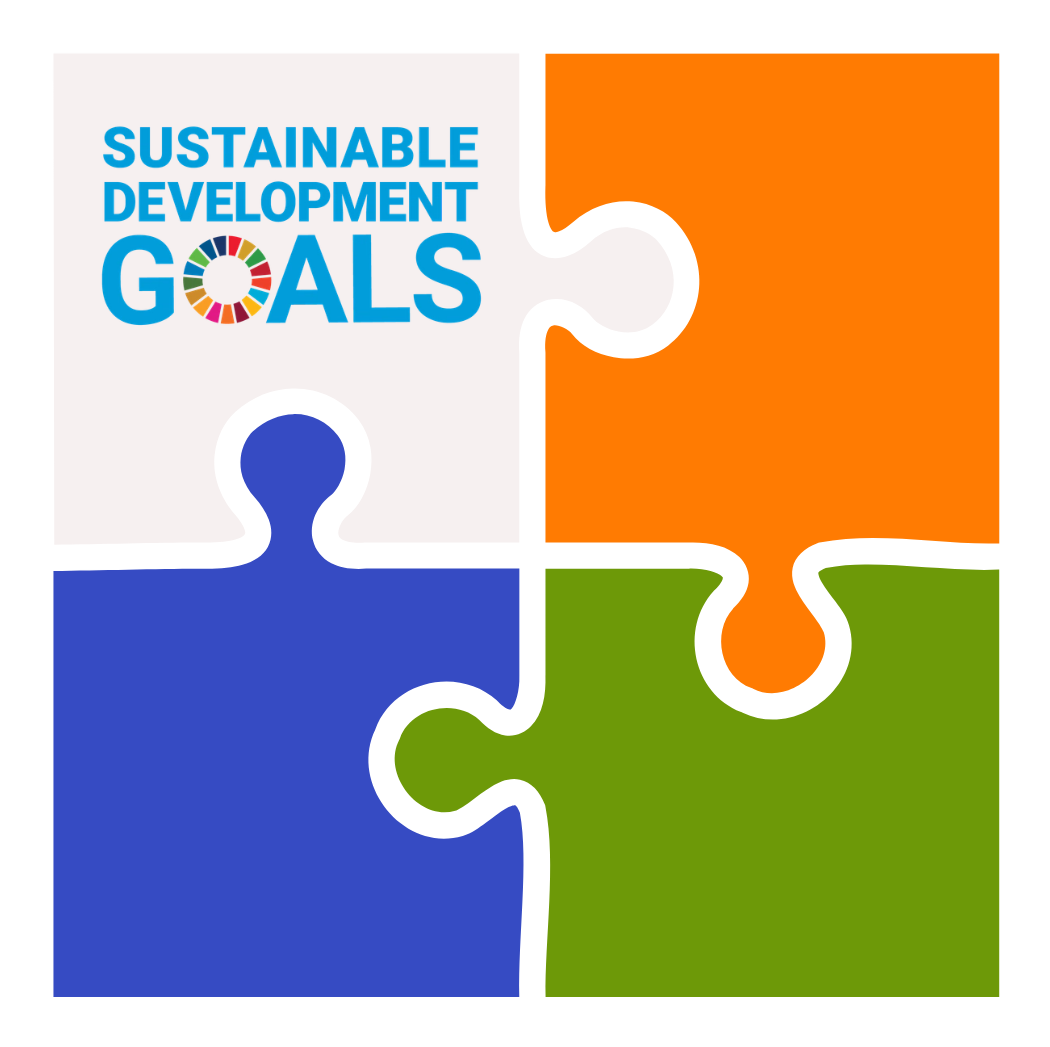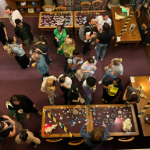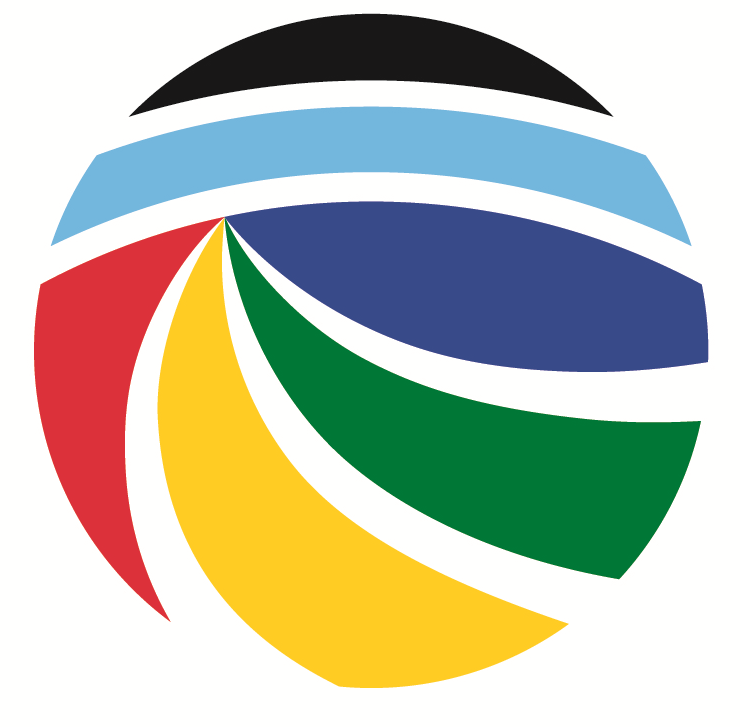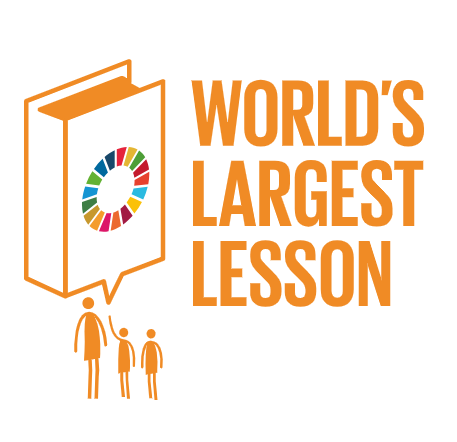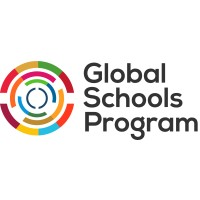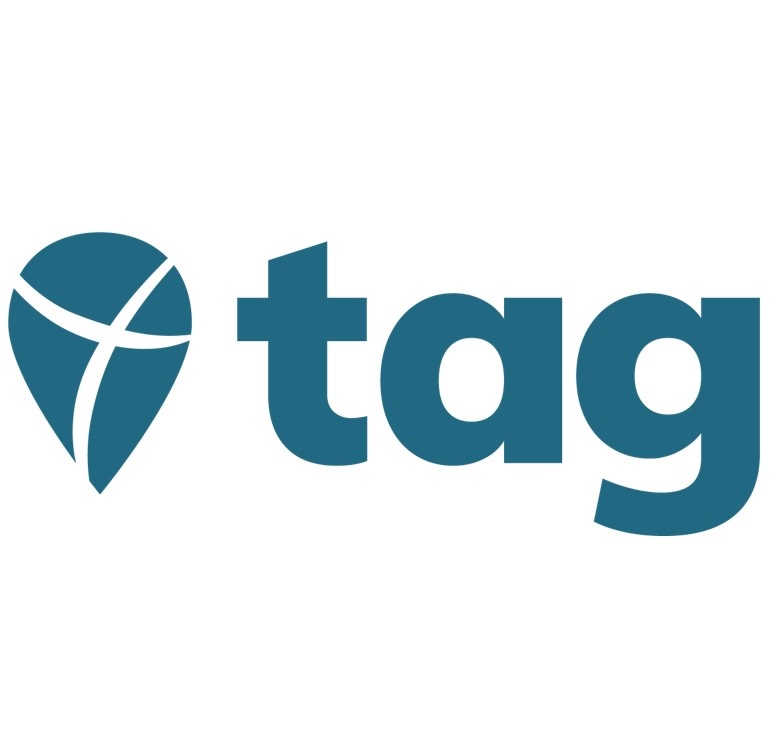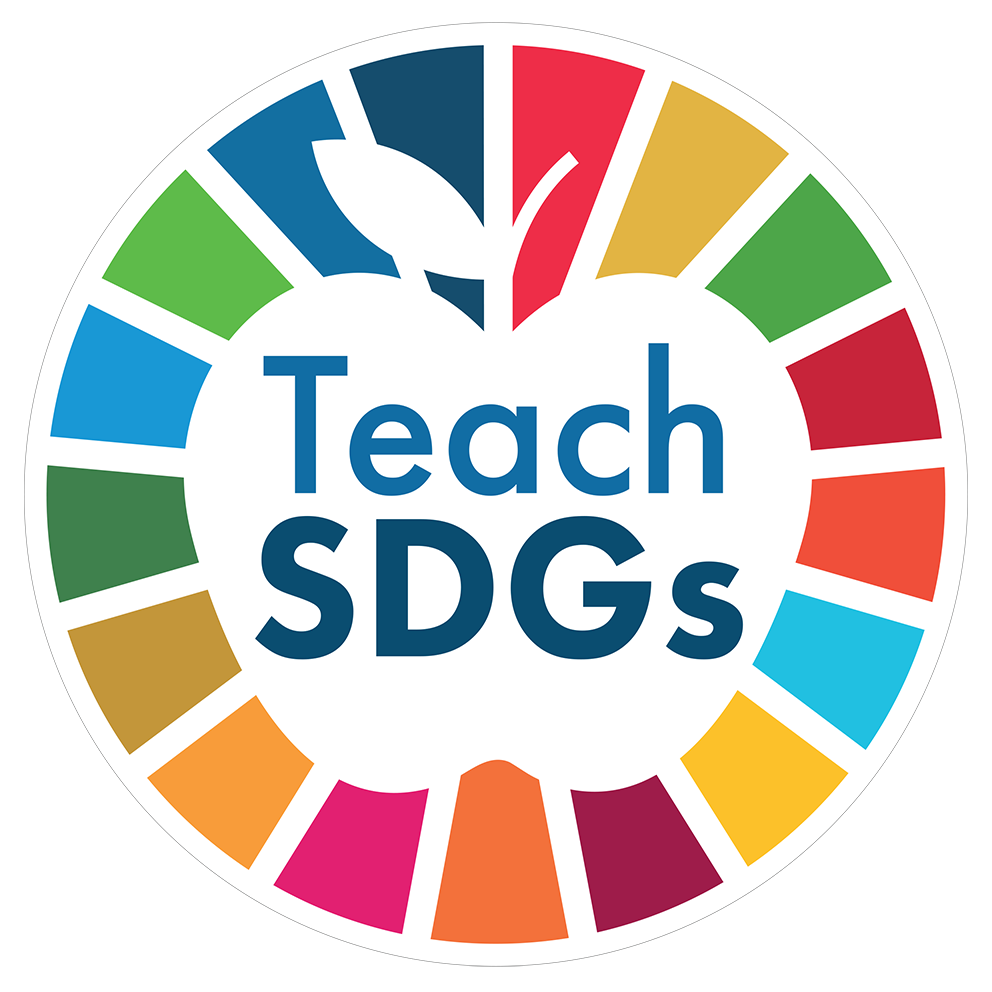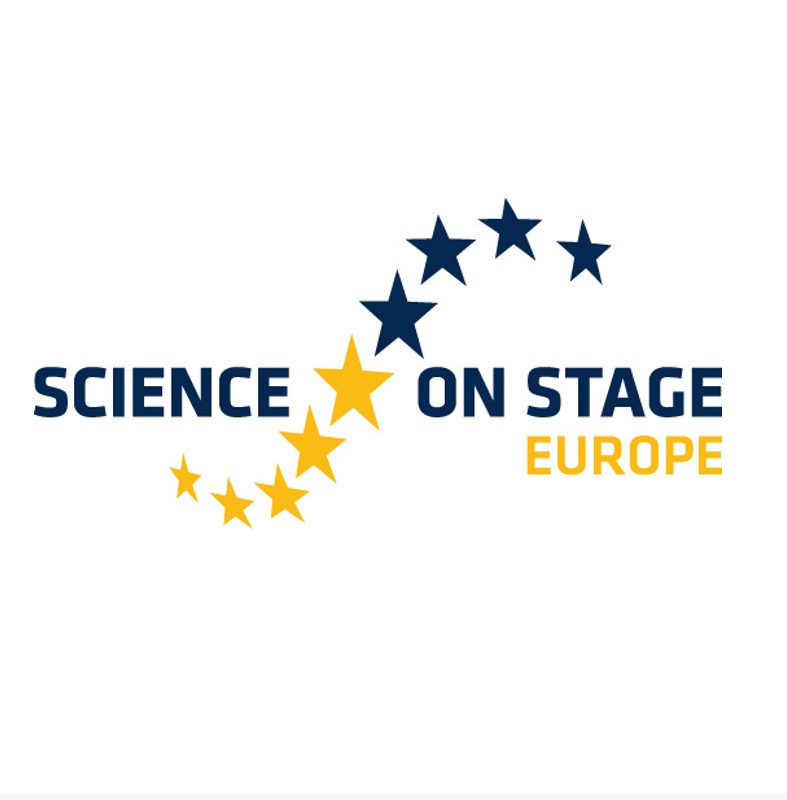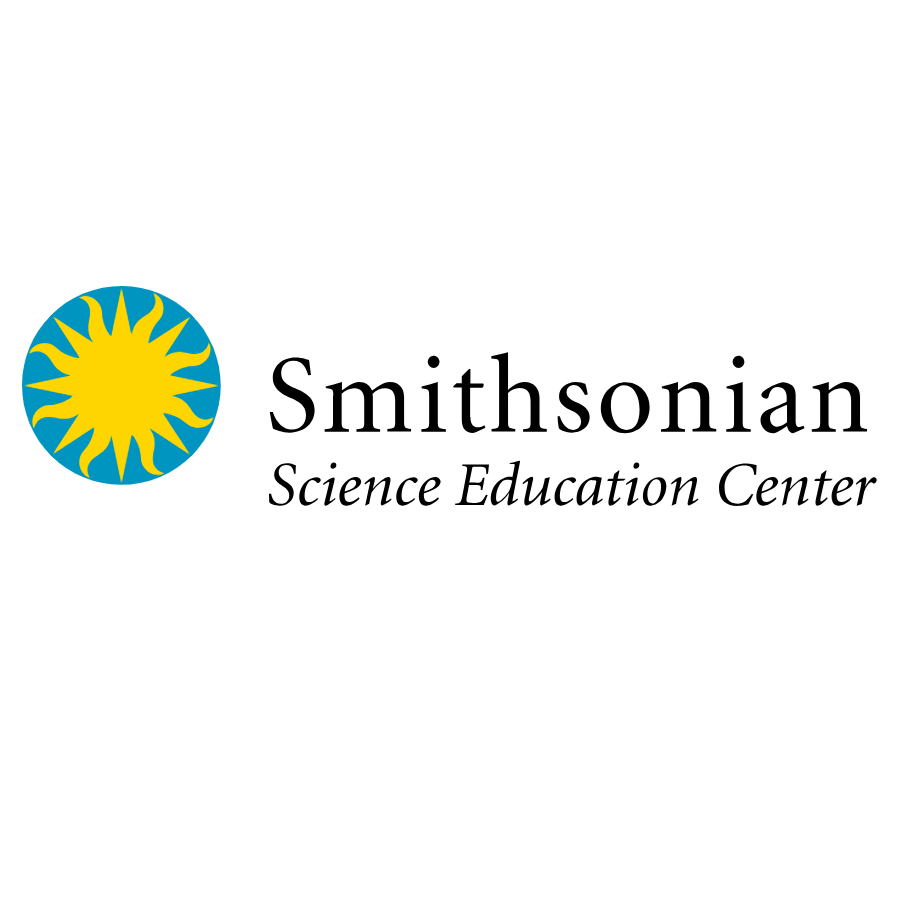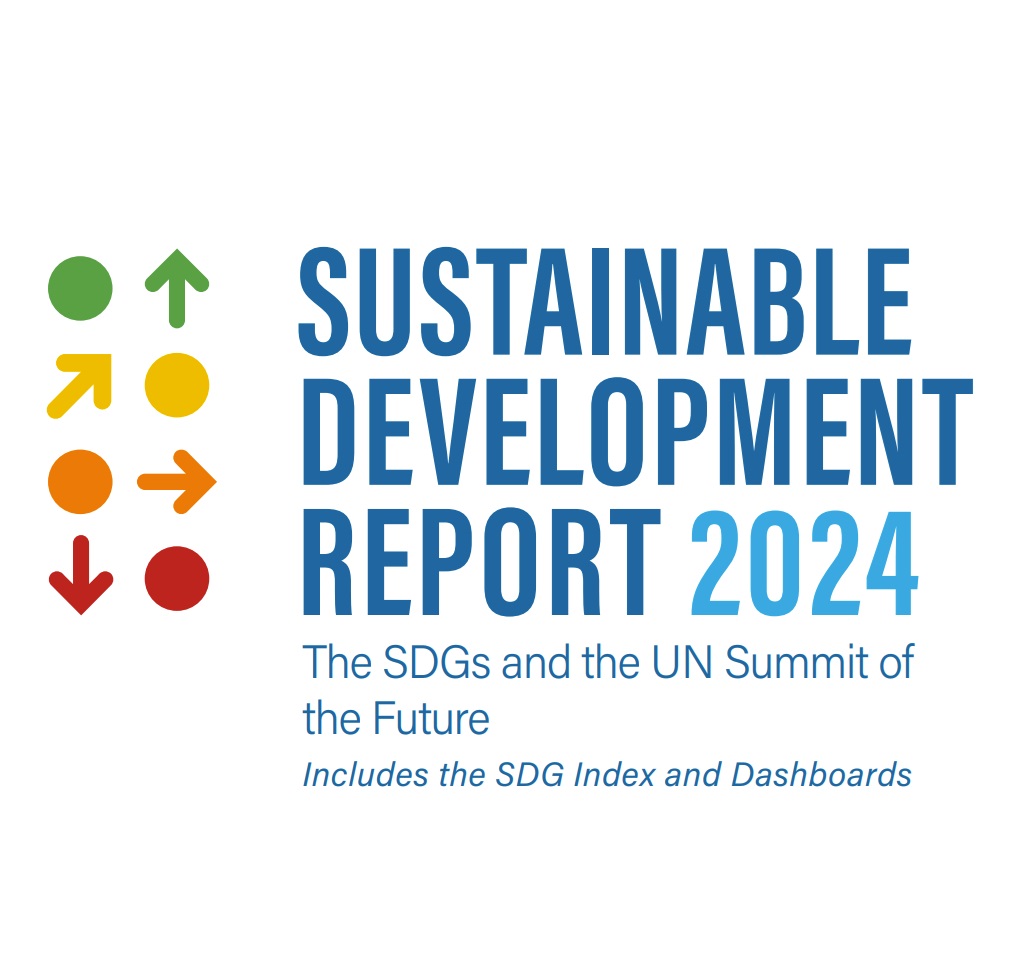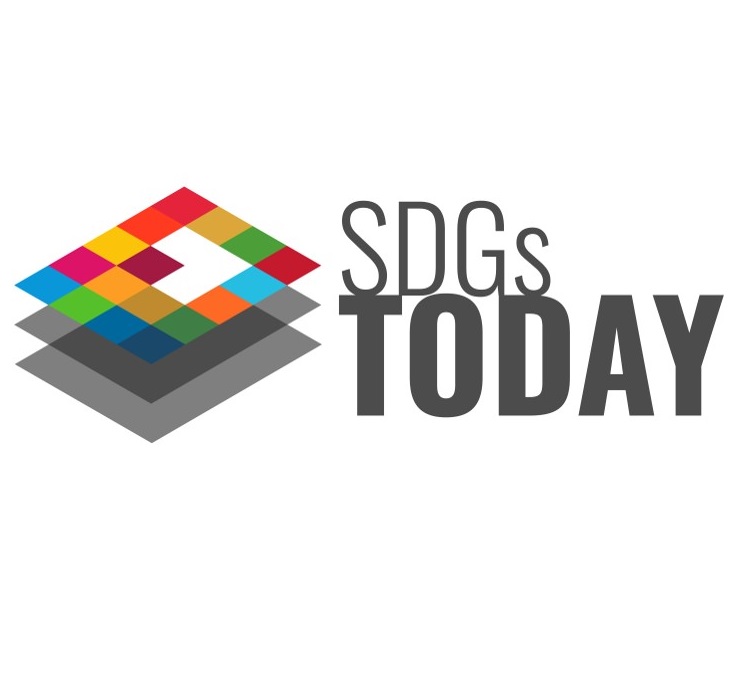Geoscience for Sustainability (GfS)
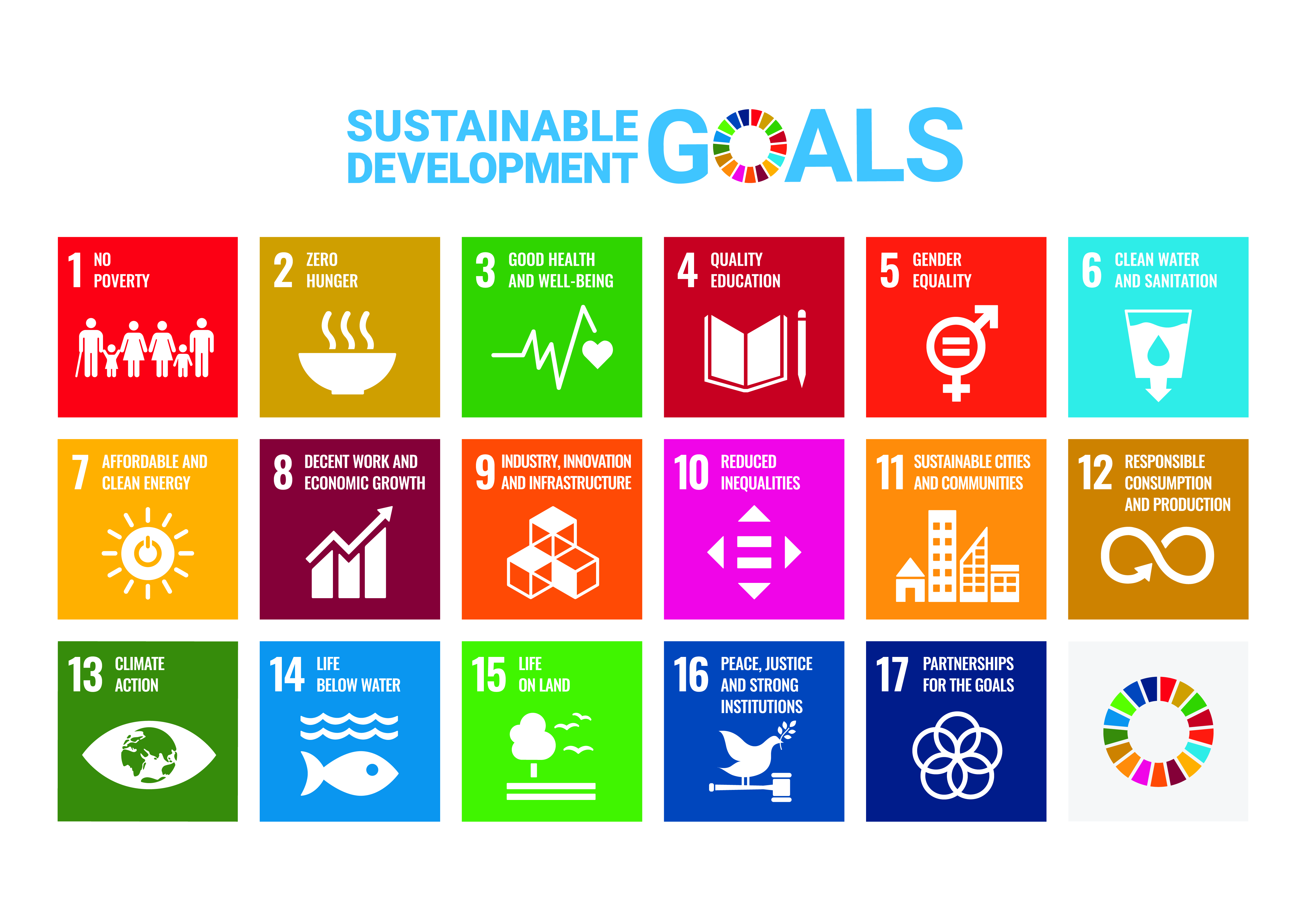
In 2015, the United Nations adopted the Sustainable Development Goals (SDGs) to tackle the world’s most pressing issues. Achieving these ambitious goals requires interdisciplinary collaboration and expertise from various fields to develop effective solutions.
Join the effort to advance sustainable development as an educator!
Educators have a prominent and pivotal role in the future of societies, economies, and the environment. By focusing their work on real-world topics that matter to individuals and communities, educators can empower those who learn from them to take meaningful action to solve problems. That action can be focused on topics such as those articulated in the seventeen United Nations Sustainable Development Goals (SDGs).
AGI-Developed SDG Resources
For educators looking to integrate the SDGs into their teaching, AGI offers a variety of specially developed resources which include lesson plans, hands-on activities, projects and more! Bring real-world relevance to earth science concepts while inspiring your students to become stewards of our planet.
External SDG Resources
For educators seeking to enrich their curriculum with materials related to the SDGs, we have compiled a list of valuable external resources. These sites offer a wealth of educational content, activities, and lesson plans designed to help students understand and engage with the SDGs and for community action.
Data Related to the SDGs
These platforms offer essential data-driven insights into the SDGs, empowering users with the tools and information needed to understand and contribute to global progress. Whether you’re tracking global trends or diving into localized data, these resources provide valuable, actionable insights to help advance the SDGs in your community and beyond.
For additional resources, please see Earth Observations for the SDGs (EO4SDGs) Curated Collection on Earth Observation Data and the Sustainable Development Goals(SDGs).
Select Publications about Geoscience and the SDGs
Ten Key Ways to Engage
The American Geosciences Institute (AGI) is collaborating with educators in the United States and beyond to integrate the Sustainable Development Goals (SDGs) into both formal and informal education. Through this collaboration, we have identified several key points that you may find useful:
Define Your SDG Focus
After reviewing the SDGs for yourself, decide on one to three that you can introduce to learners and relate to the content that you teach. Later, you might add one or two more SDGs as they fit in naturally.
Celebrate Your Progress
Recognize and celebrate what you can do. It may not be possible for you to address all the SDGs.
Make Learning Relevant
Use the SDGs to show the relevance of what is being taught, rather than as separate content.
Leverage Real-World Examples
The Targets and Indicators can help clarify the intent of each SDG. Look at the Targets and Indicators for each SDG online and consider how those might translate into and connect with the work you do.
Build Administrator Support
Engage with your administrators so they know about your emphasis on the SDGs and how it supports your work.
Connect to the Community
Consider how the SDGs are relevant to the learners’ community. When possible, use specific challenges faced by your local community as examples to illustrate the importance of the SDGs you are addressing.
Inspire Student-Driven Change
Consider what action(s) might already be taking place in the learners’ community related to the SDGs you are addressing, as well as how learners might become involved. It may be possible for learners to put their own plans into action. Parent permission may be needed. Ask your administrators for guidance.
Celebrate Every Step Forward
Think of success in terms of incremental change. The United Nations and many other organizations promote the idea that progress on the SDGs will take place as small, successful steps, all of which are worth celebrating.
Strengthen Professional Networks
Consider developing a mutually supportive professional learning community around the SDGs with your co-workers, in your community, and/or at other levels—such as in professional societies to which you belong.
Encourage Collaborative Projects
Foster interdisciplinary projects that connect the SDGs with various subjects, such as art, history, and language arts, to provide a more comprehensive understanding of global issues. These connections may also facilitate making connections between specific SDGs.

